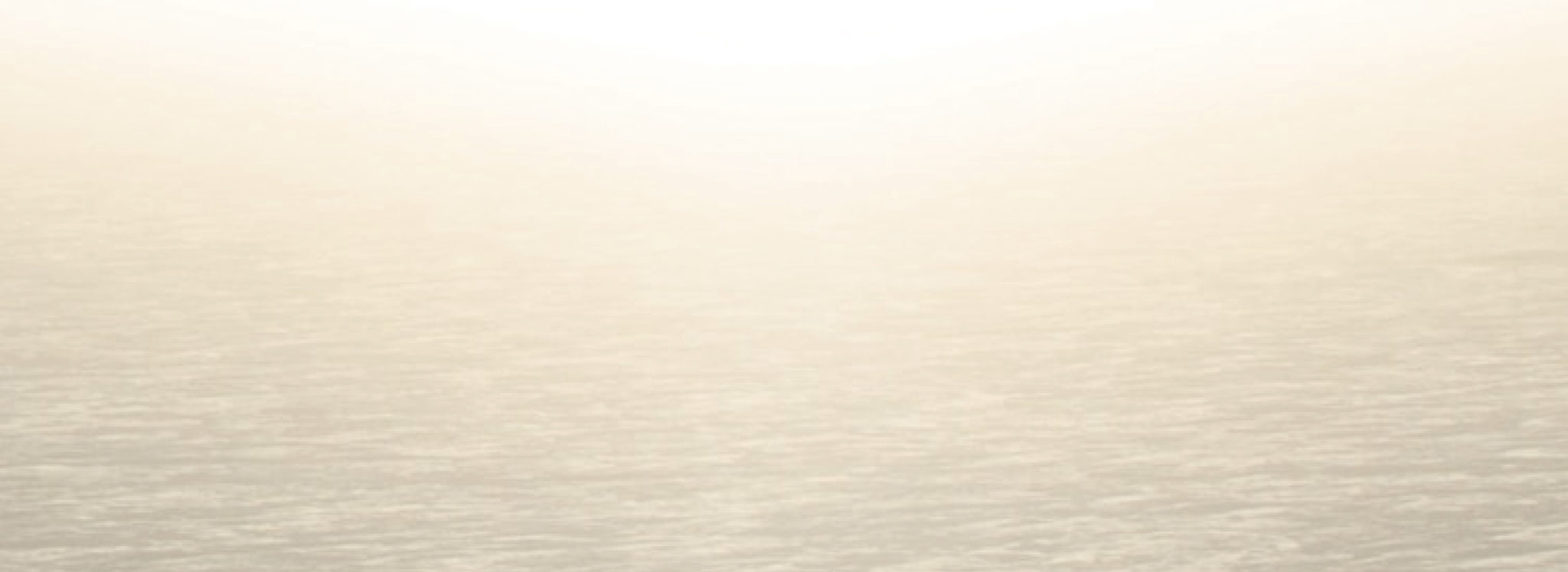- Technology -
Sci-Fi
Interview
In an ever-accelerating world where predictions have become obsolete, the future can no longer be deduced; it must instead be imagined. While innovation is shaking up our daily lives, what challenges will tomorrow bring? Where will we be in ten years, 20 years, 50 years? We take a journey in the company of Julien Tauvel, the experience designer behind the Imprudence prospective design studio.
Your core business is continuous inspiration hovering between reality and science fiction. This implies cultivating meaningful ideas and pushing creative limits in order to stir the imagination. What is your secret?
While curiosity is obviously key, desire is my main driving force. The desire to be surprised, the desire to be amazed, the desire to change the pessimistic and technological imaginings in which we are trapped. We must look where others tend not to look: experimental research centers, avant-garde creative spaces, speculative designers, the science fiction of yesterday and today. Facing up to fringes, the unknown and otherness is at the heart of our business.
So let’s indeed take a leap into your imagination. Can you share with us an immersive device that will enable us to project ourselves into three hypotheses of how the world might be in 2030, 2050 and 2070?
Let’s start with 2030. How will we live in a world dominated by augmented and virtual realities? Magical places will appear before our eyes; our clothes will become media for projections of experiences and faces will be those of our avatars. Information will be spatialized and personalized; technology will be invisible; the difference between real and virtual will no longer be an issue and immateriality will be the norm. After this world of immersion, 2050 will bring a totally connected and autonomous world. A world where predictive artificial intelligence will help us stay healthy all the time; where we can print on demand biomaterial objects; and where we can change hair or eye color by home-made gene editing. A world where the smartphone no longer serves any purpose, replaced by an ambient Internet and connected objects that are at last truly intelligent. In this imaginary vision, humans have entered a truly leisure society, with robots handling “productive” tasks. What if in 2070, we were to overturn this ideology based on strong (excessive) confidence in technological progress? What if in 2070, we were to go back to nature? Blockchain technology will have enabled us to measure our impacts on the planet and become aware of the scope and extent of our collective actions. Currency as we know it will be a distant memory, replaced by tokens* calculated according to our (good) actions. New programmable materials will transform cities into clean ‘lungs’ and our clothes into ‘wearables’ endowing us with new senses. Sustainability and creativity will have replaced the cult of performance. This is any case what could happen if we do not destroy our Earth beforehand, or if we do not decide to go into exile on other planets.
Can you tell us more about the evolution and future states of beauty, on which you recently did a study?
The future of beauty is – I hope – pluralistic. Beauty will become holistic, hybridizing with health. Personalized and available on demand, it will question my relationship with my body and conventional aesthetic canons – the aim being to reintegrate the notion of pleasure, to eliminate complexes as well as shatter any remaining taboos relating to gender, color and fluids. Tomorrow’s beauty will thus allow me all manner of flights of fancy in both the real world and the virtual world. It will be invented at home, with my peers, with my communities.
And what about luxury hotelkeeping?
It is interesting to consider the future of the hotel industry in light of the disruptive technologies of the next ten years. What will become of luxury hotels in a virtual world, where I can imagine everything, build everything and soon even feel everything by means of haptic technologies? Will a luxury hotel become a Luddite retreat (far from any technology) as close as possible to natural wonders? If artificial intelligence keeps its promises (and things are not looking too good so far), and Siri is my butler, what will luxury hotels that do not have access to this data offer by way of exclusive and personalized services? What if they were to offer usually inaccessible experiences, and if, rather than seeking to satisfy me at all costs, they sought to amaze and surprise me? Like Thierry Teyssier’s latest creation – 700’000 hours – which is just one example. What I hope is that luxury hotels invent new ways of experiencing a destination and open up wonderful new sustainable and sensorial horizons.
–
*In the IT world, this term refers to a digital asset that exists on top of an existing blockchain.
–
–
Based on an interview by Stéphanie Laskar
Images
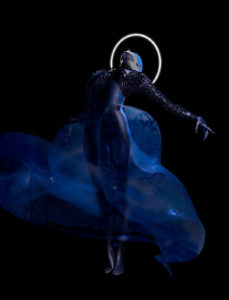
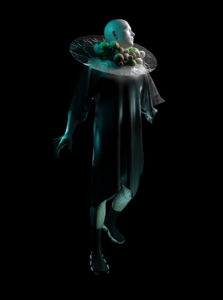
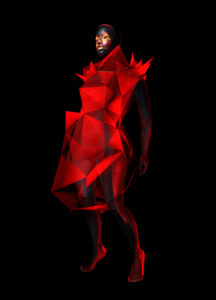
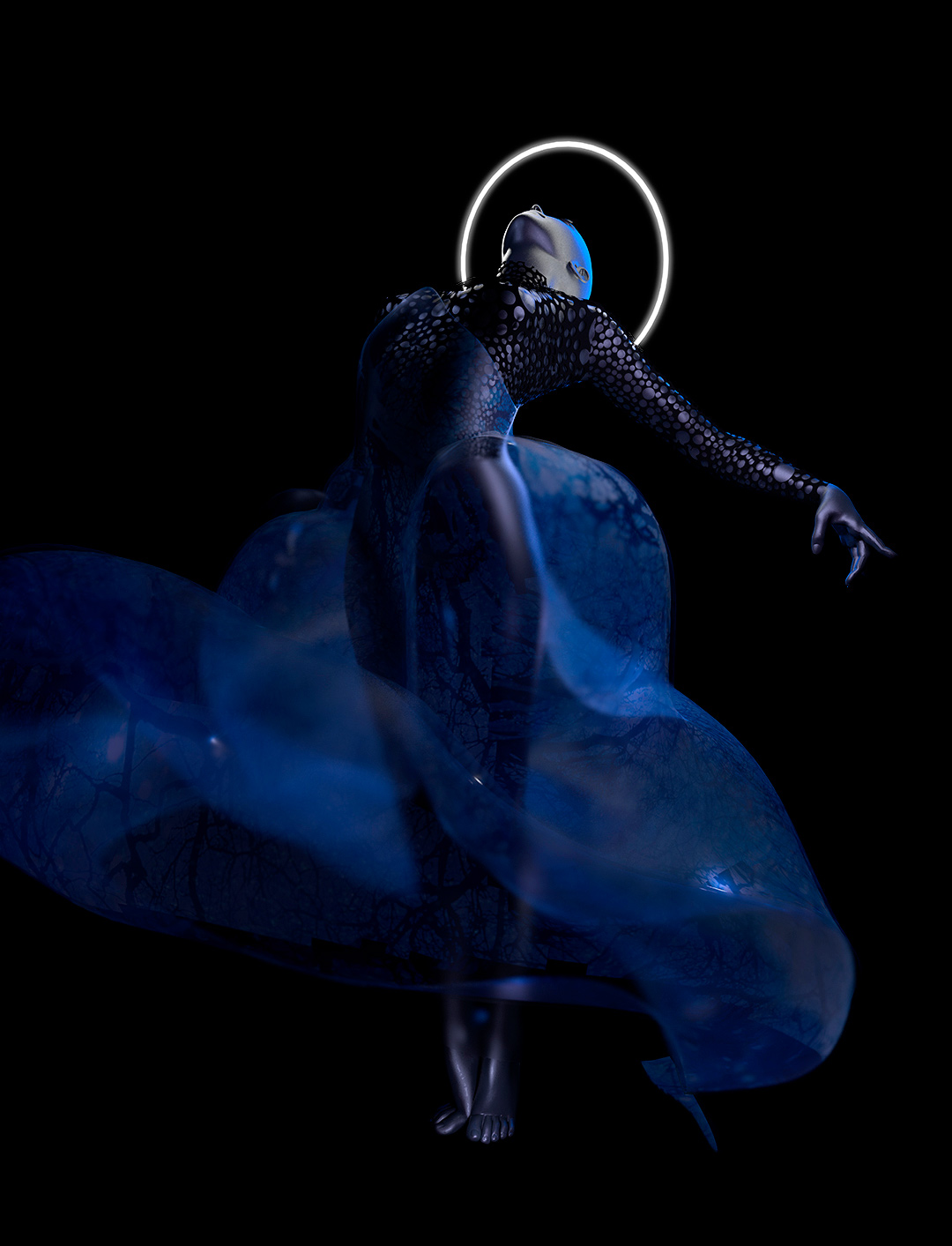
Déesse
© Imprudence
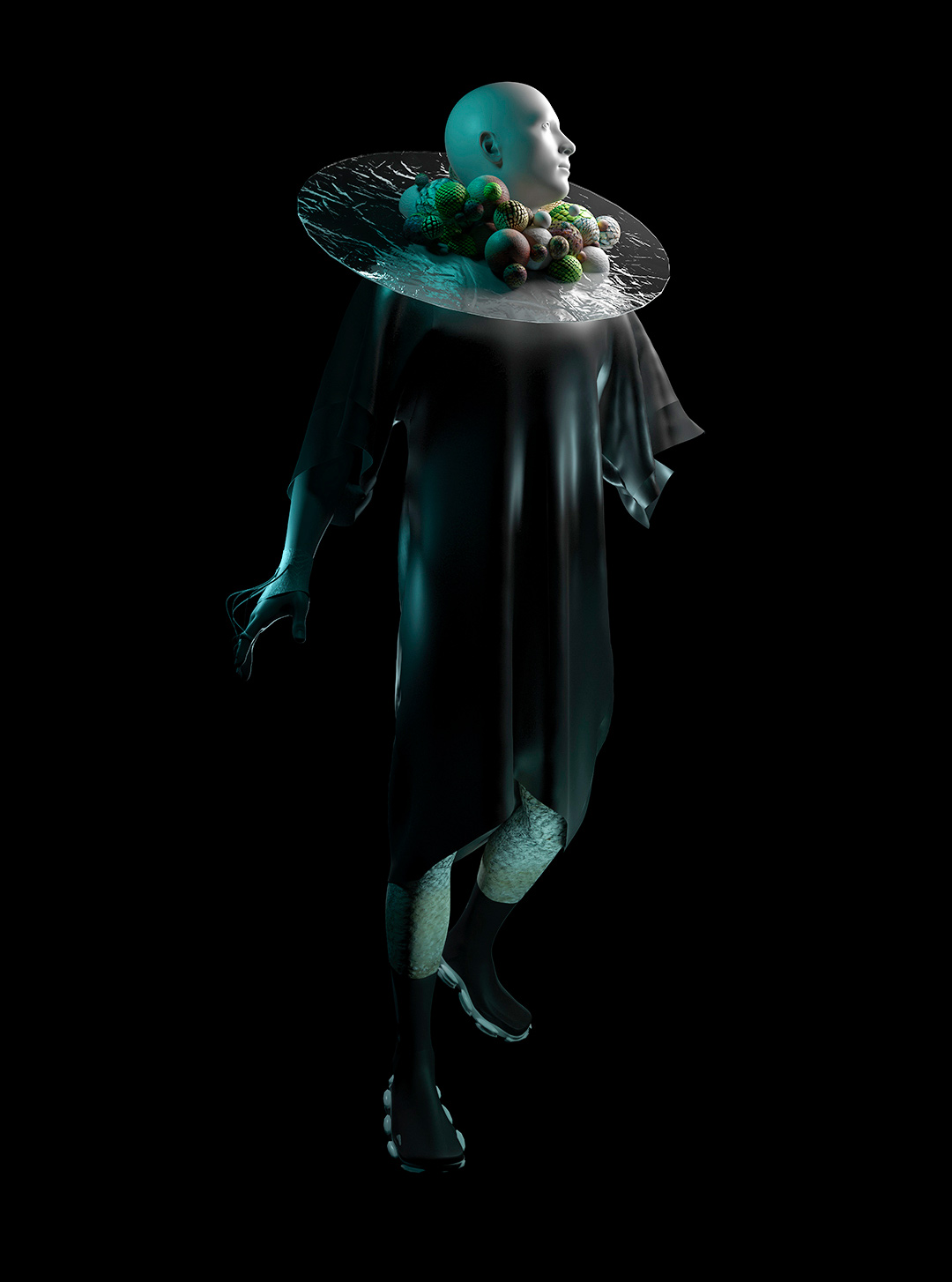
Hacker
© Imprudence
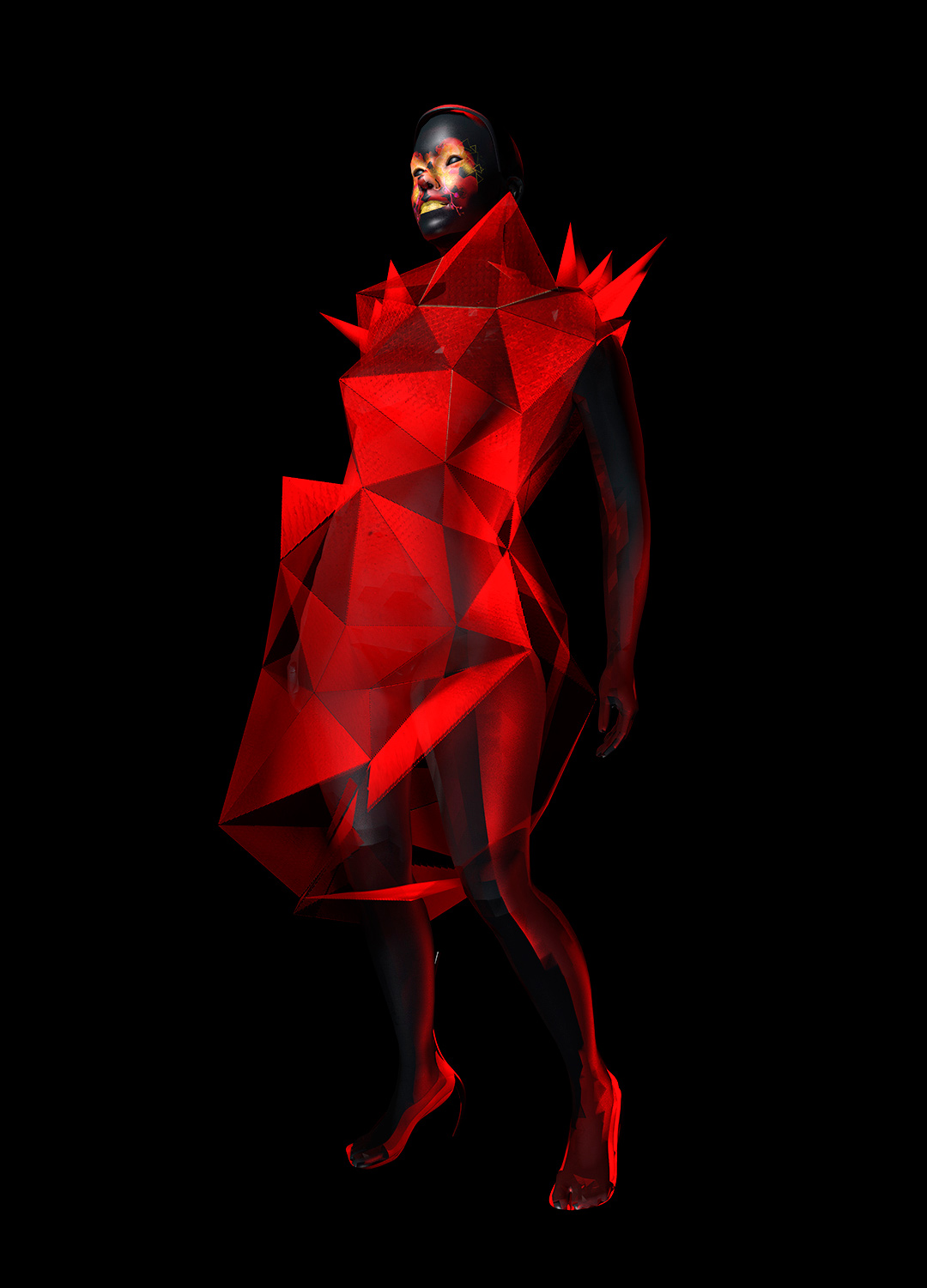
Mutante
© Imprudence
Related articles
A sunny and airy terrace
The hotel’s new terrace offers an elegant cocoon nestled amid the surrounding greenery.
Outdoor fitness
The coaches at Spa Nescens have countless ideas for getting you back into top shape.
Fresh flavors at the Noumi
This trendy new gourmet spot features refined contemporary architecture.
A sporty summer
The Crans Ambassador is nurturing the sportiest ambitions for this new season.

